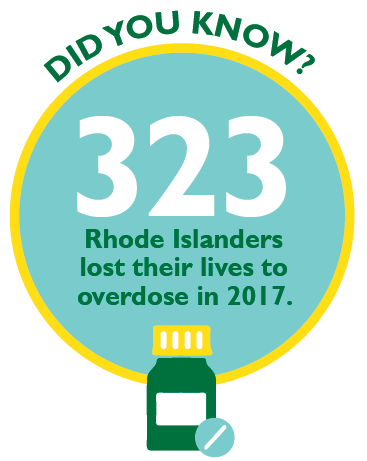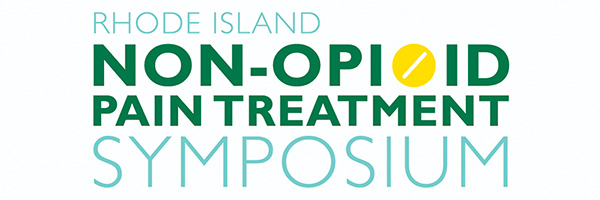Non-Opioid Pain Treatment Symposium
According to the governor's website Prevent Overdose RI:
In 2017, 323 Rhode Islanders lost their lives to overdose. That's more than the number of people who died in car accidents, murders and suicides combined. From 2011 to 2017, overdose deaths increased by almost 90 percent.
The opioid crisis is the pre-eminent public health crisis of our time.

CCRI's Health Sciences departments will host the second in a series of awareness events on Rhode Island's opioid crisis geared toward its students and the Rhode Island community.
This event will present data the Rhode Island Overdose Prevention and Intervention Task Force has collected about the crisis. Two panel discussions will follow. The first includes Rhode Island public officials charged with action steps to reduce drug-related dependency and deaths. During the second panel, medical professionals will present data about the success of non-opioid pain treatment therapies.
According to the Rhode Island Overdose Prevention and Intervention Task Force:
It is time to change how we treat pain; opioids don't need to be the first line of defense.
The symposium will encourage discussion about changing the culture of pain management and promote evidence-based non-opioid therapies for chronic pain, such as clinical massage therapy, acupuncture, physical therapy, occupational therapy, chiropractic care, naturopathic medicine and behavioral therapy.
Impact of the symposium
-
Attendees will be better informed about the size and impact of the crisis in Rhode Island and what we are doing about it.
-
Health professionals will better understand their role and the evidence-based interventions they must use against the crisis.
-
Health care professions with expertise in pain management will be identified.
-
Opportunity will be presented for the community to strengthen around the Action Plan.
Knowing the risks of opioid prescription pain medication
Watch this video to learn about the risks of opioid prescriptions, including side effects, proper storage and non-opioid treatment options.
